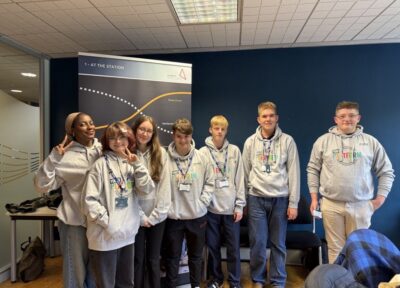
CrossCountry donates £10,000 to Strengthen Railway Children’s Youth Platform
CrossCountry’s contribution is helping expand opportunities for young people through Railway Children’s Youth Platform and Youth Ambassador Project.

Exploitation can happen to any child, anywhere. Together, we can make the world safer for young people at risk.
On March 18th, the National Working Group on Child Exploitation (NWG) hosts National Child Exploitation Awareness Day to help people understand what child exploitation is, how to recognise it, and how they can help.
Date: 13th March 2025 | Author: Con Enzler
Child exploitation is a type of abuse toward young people under the age of 18. It’s when perpetrators force or manipulate children into doing something, often in return for a “reward”.
Perpetrators often take advantage of vulnerable children by manipulating them into harmful situations like sexual activity or drug trafficking.
Abusers often target vulnerable children who might be excluded from school, affected by poverty, or living in care. This means children who run away from home or spend a lot of time in public spaces, like train stations, are at risk of:
One common way perpetrators coerce young victims is by leading them to believe they’re one of the few people who are on their side and willing to help them. As a result, many children believe they’re making their own choices.
Using tactics like shame and guilt, perpetrators control their victims, often leaving them feeling trapped and believing there’s no way out.
Young people who spend a lot of time along the railway are particularly vulnerable to being exploited by county lines.
These organised criminal networks exploit young people to transport drugs, often using transport links to move their illegal goods.
Railways are a common vehicle for county lines. By blending into large station crowds among other luggage-careers, they’re able to transport large amounts of illegal goods across the country while hiding in plain sight.
Children as young as six are groomed financially, or intimidated and controlled by gangs forcing them to transport drugs, cash or weapons.
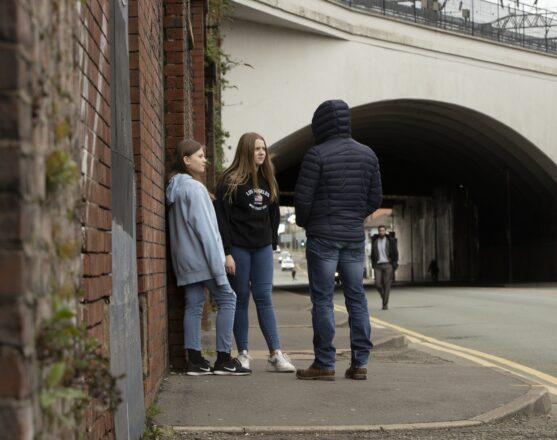
No child should be left to fend for themselves. In our work across the UK, India and Tanzania, we work closely with communities in and around bus and train stations to help make them safer for young people.
Our Safeguarding Action Groups, which operate at several stations around the UK, are continually looking for new ways to keep children safe.
Made up of people from across the rail industry – Station Managers, British Transport Police Officers, ticket staff, barrier staff, shop workers, cleaners and security staff – they’re our eyes and ears looking out for children at risk.
15-year old Charlie** was referred to us after he took the wrong train and was reported missing.
Charlie is believed to be autistic and his social worker and school worried he might be vulnerable to exploitation.
So Railway Children worker, Phil, came up with a plan to help Charlie understand the risks of grooming and how county lines operate, in a way that would be engaging for him.

Throughout the week, our community engagement workers are raising awareness around child exploitation in several stations, including Doncaster, Hull, Sheffield, and London Euston.
We’ll be speaking to people about some of the key issues that might make a young person vulnerable to exploitation, how to spot the signs, and most importantly, how to report something suspicious.
If you see us, come say hello. We’d love to chat.
“Everyone’s got a part to play. With small actions, we can make a big difference to young people’s lives,” Joe adds.
NWG’s Say Something if You See Something campaign helps raise awareness of the types of abuse young people experience in different spaces, sharing tools and resources to spot it and steps to help victims.
“If something doesn’t feel right, trust your instincts. Chances are, they’re right,” says Joe.
“If you report something that doesn’t look right to BTP or rail staff, you could change the course of that person’s whole life,” Joe adds.
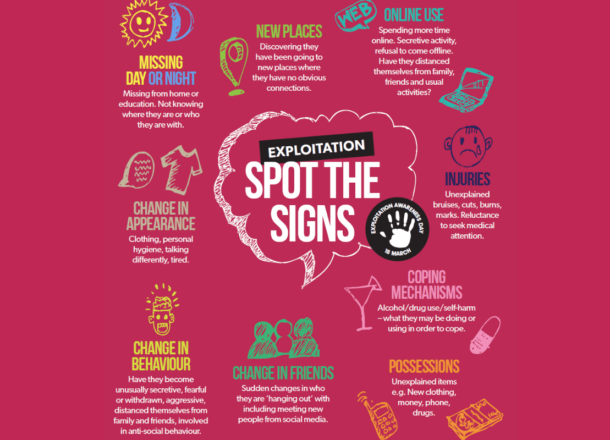
*County lines and child criminal exploitation, The Children’s Society
**Names changed and models used to protect identities.

CrossCountry’s contribution is helping expand opportunities for young people through Railway Children’s Youth Platform and Youth Ambassador Project.
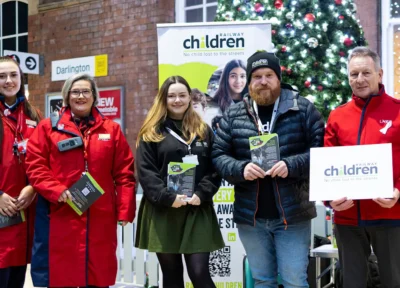
With thousands expected to travel by train this festive season, Railway Children, LNER and safeguarding partners have joined together to raise awareness of vulnerability on the railway and help protect children at risk.
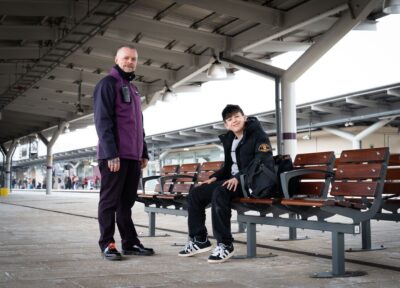
LNER colleagues completed intensive Railway Children safeguarding training to learn how to protect children at risk.
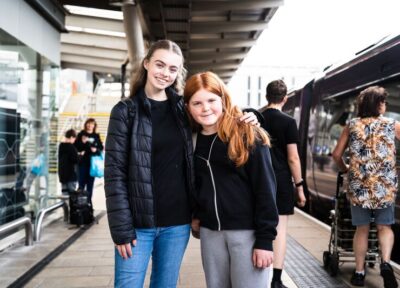
Read our guide to claiming your compensation and learn how to easily donate it to vulnerable children.
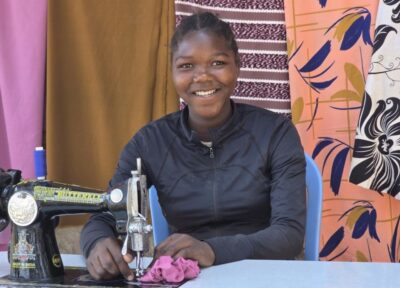
Martha’s story shows the amazing change girls can create when they’re given the chance.
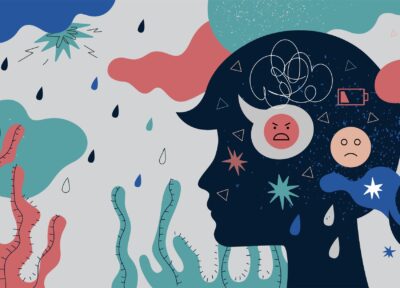
If the news is getting you down, you’re not alone. Here are some tips to help you cope.